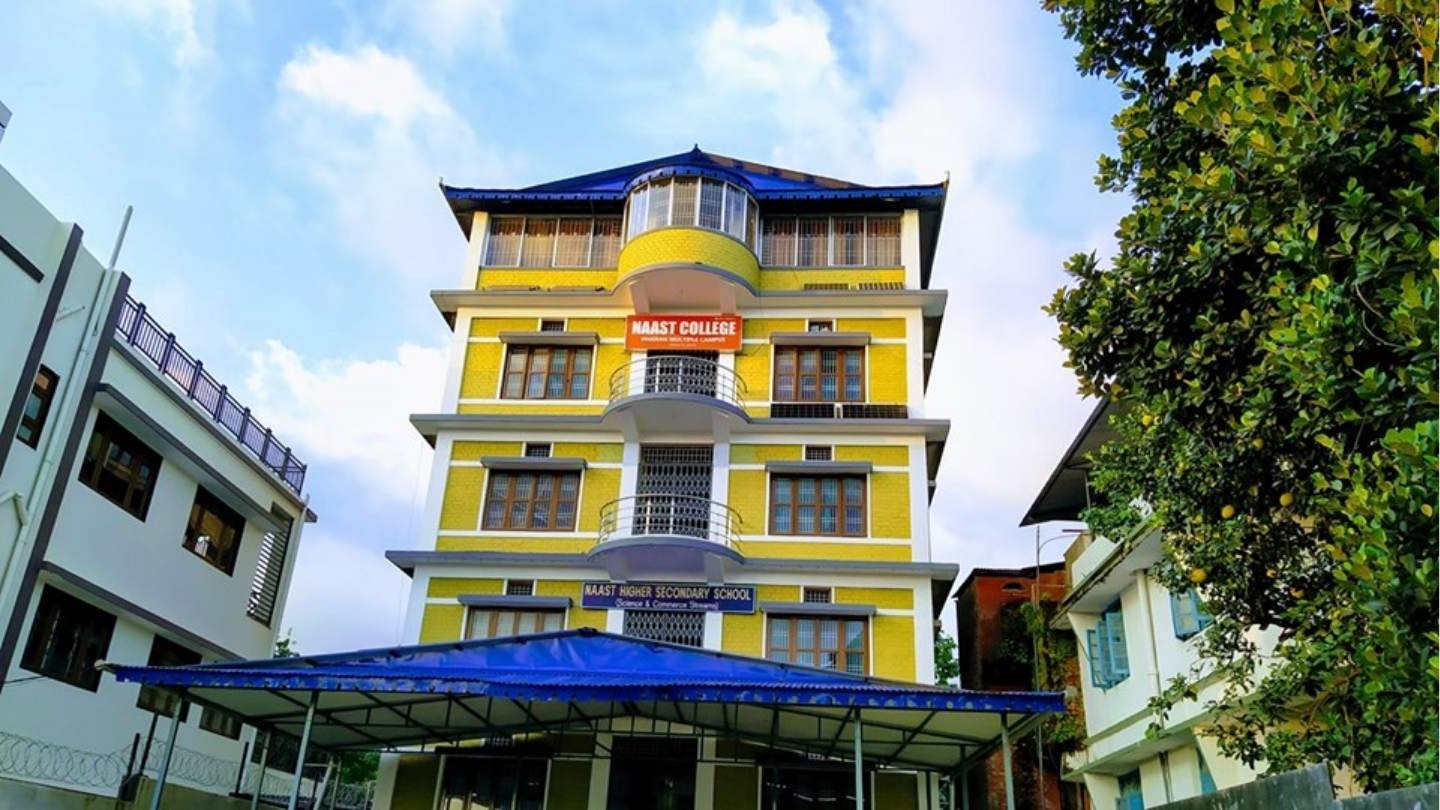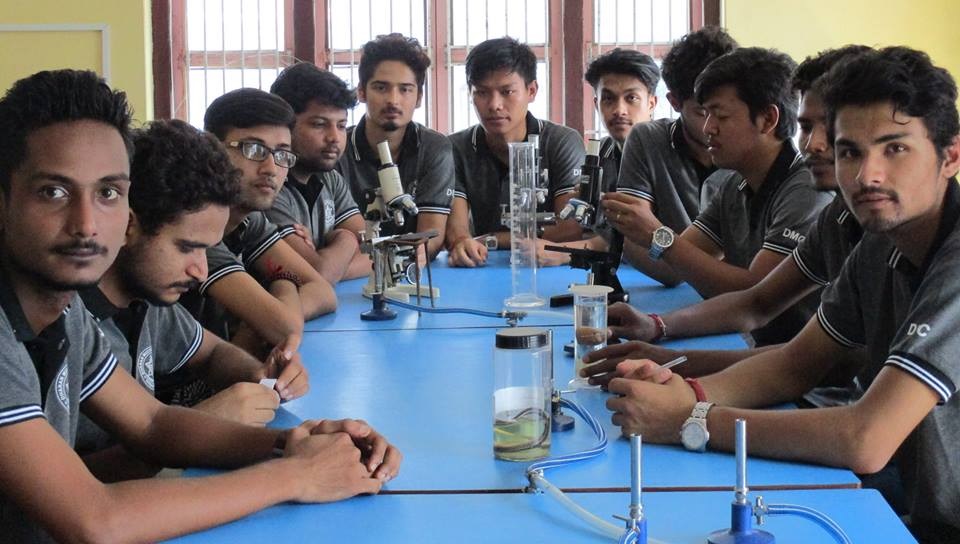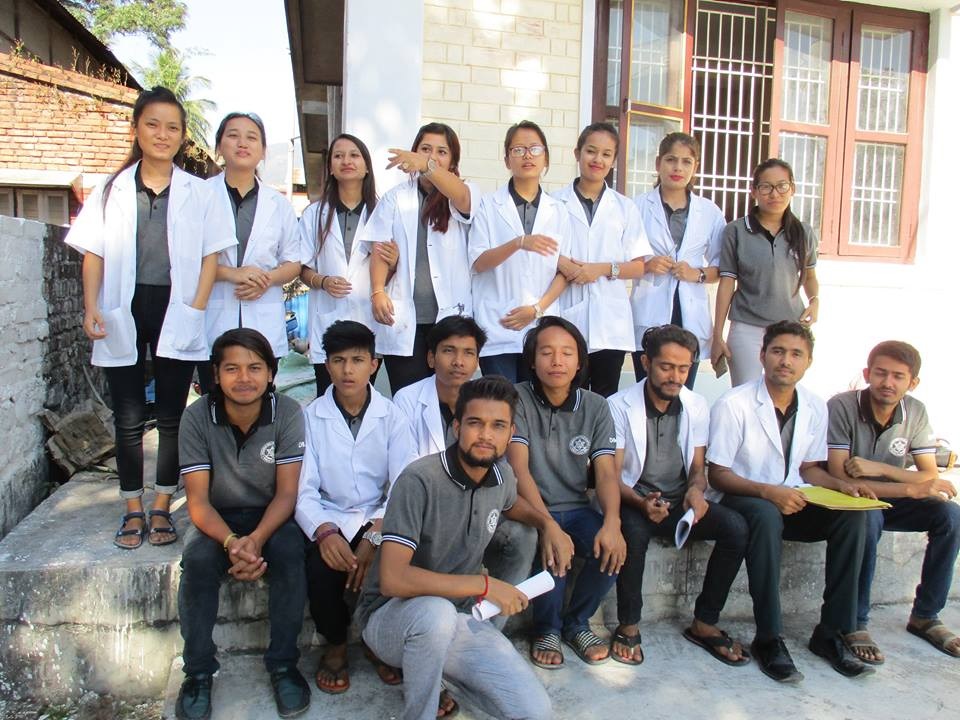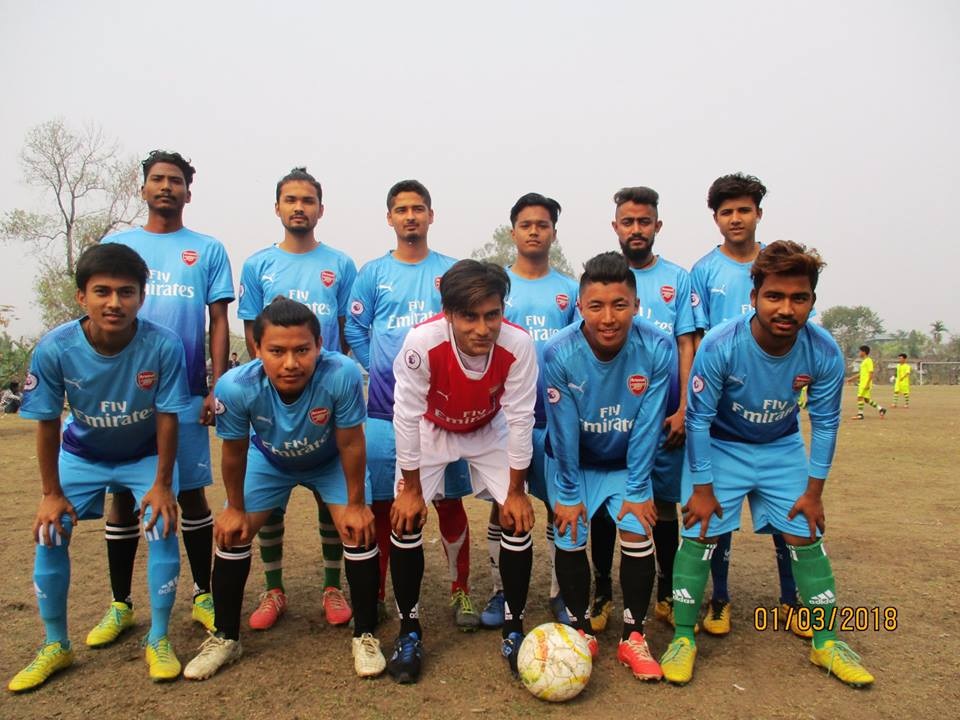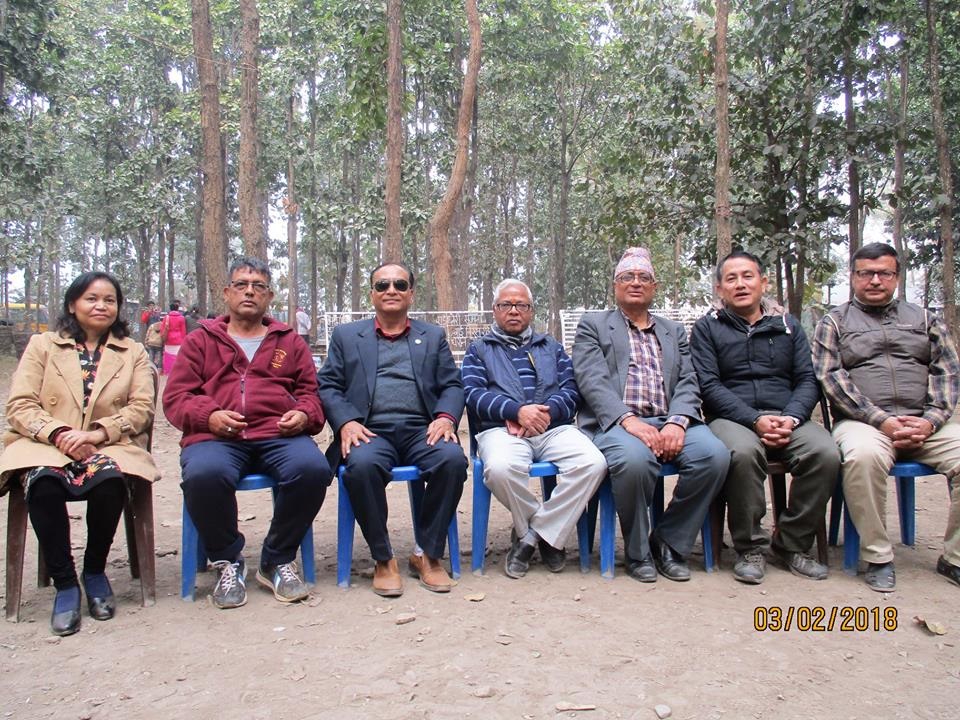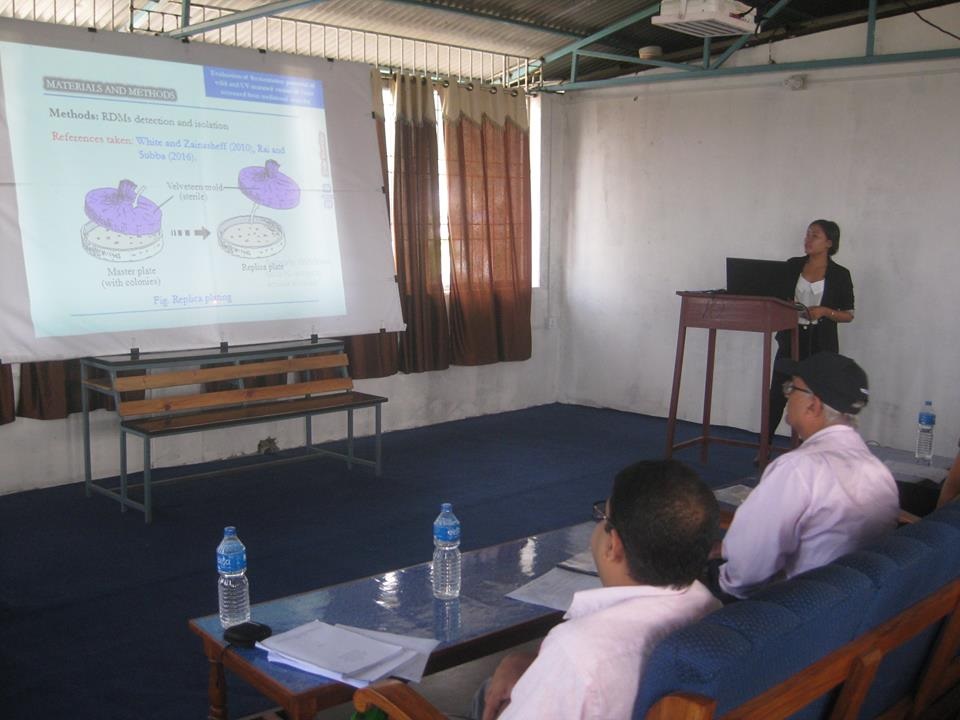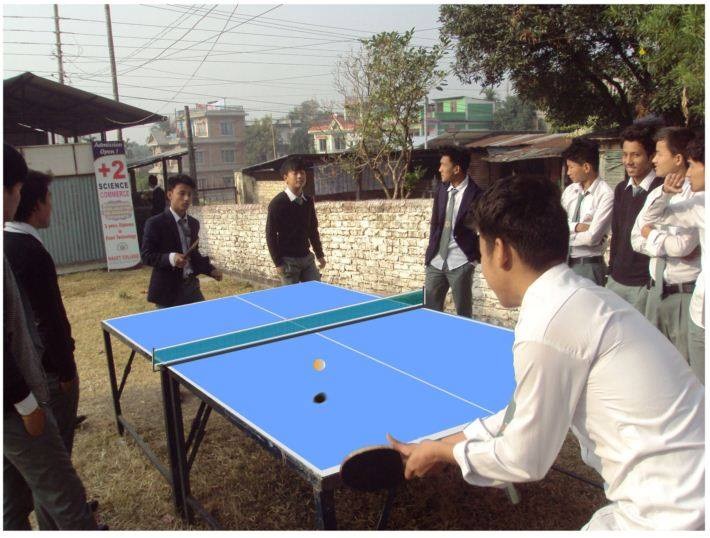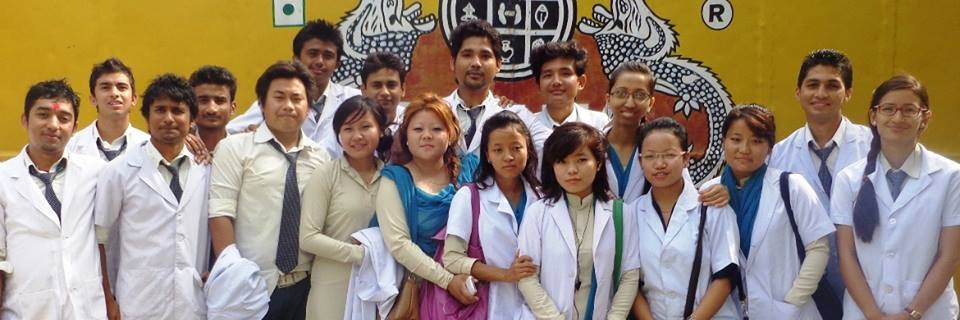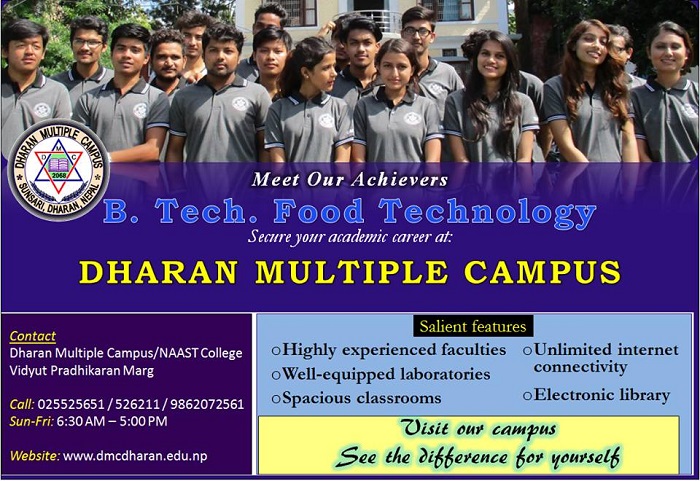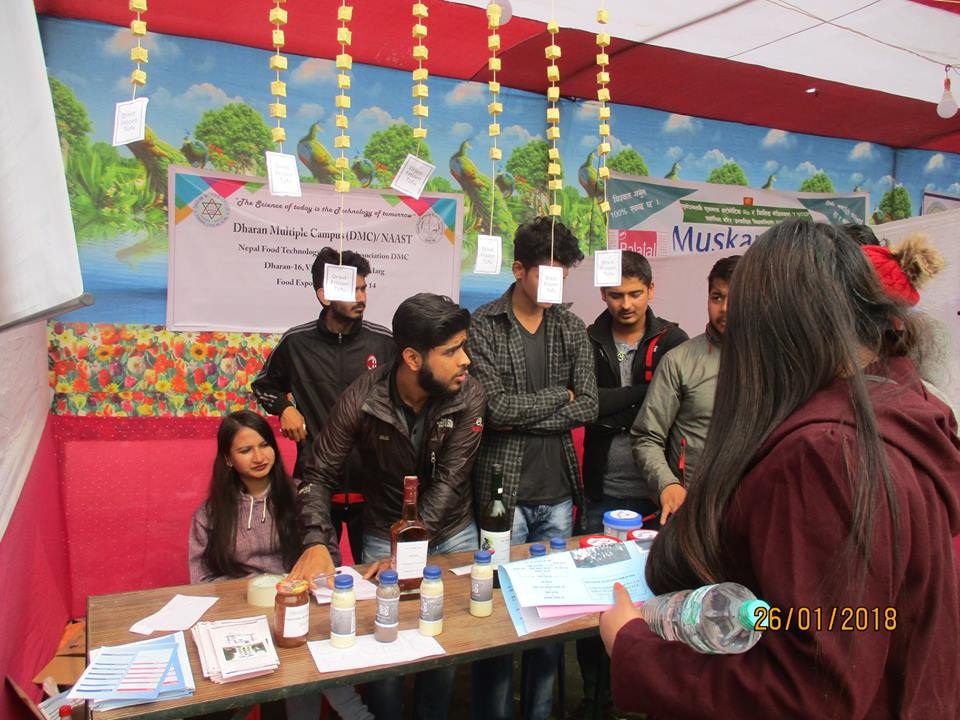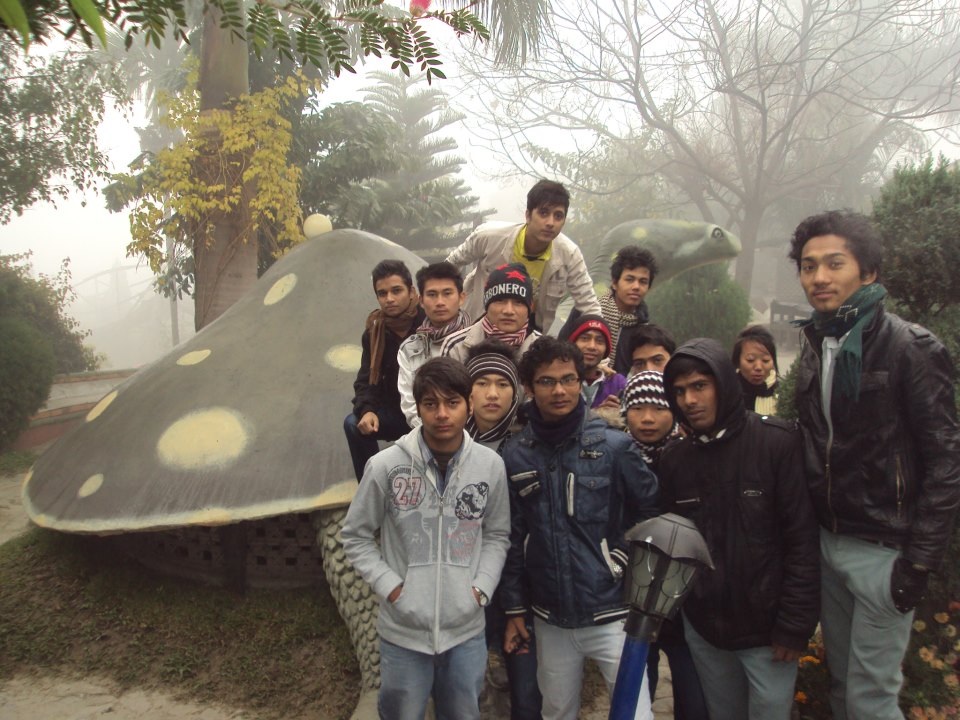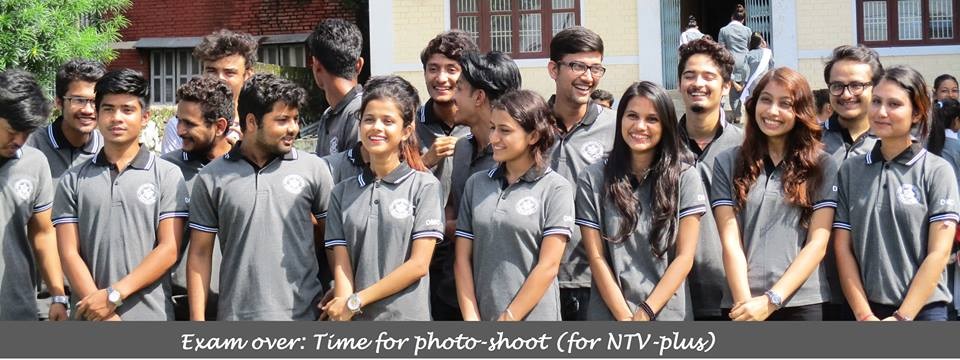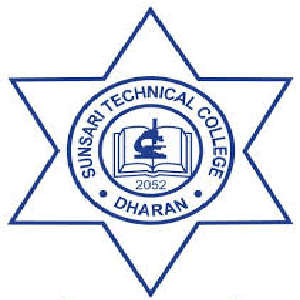Overview
Dharan Multiple Campus (DMC) in Dharan, Sunsari, runs the Tribhuvan University–affiliated Bachelor of Technology in Food Technology (B.Tech Food Technology). The campus operates under Science and Technology Education Service Co. Pvt. Ltd., the same group that runs NAAST Secondary School (NEB Grade XI–XII Science) and NAAST College (CTEVT Diploma in Food and Dairy Technology).
The company behind the campus was formed by educators and local stakeholders in Dharan. Prof. Jagat Bahadur KC, former Vice-Chancellor of Purvanchal University, is recorded as the founder president. The group’s goal is to build skilled human resources in science and technology, with Food Technology as a priority area linked to teaching, research, and industry needs.
Quick Highlights
-
Location: Dharan, Sunsari (Koshi Province), Nepal
-
Established: 2011 AD (2068 BS)
-
University affiliation: Tribhuvan University (TU)
-
Program at DMC: B.Tech in Food Technology (4 years; annual exam system; total 2000 marks)
-
Education group: Science and Technology Education Service Co. Pvt. Ltd.
-
Parallel institutions:
-
NAAST Secondary School (NEB Grade XI–XII Science; est. 1999)
-
NAAST College (CTEVT Diploma in Food & Dairy Technology)
-
-
Academic scope: Food science, processing, preservation, value addition, packaging, storage, safety, quality assurance, and plant operations
-
Facilities: Laboratories, pilot-scale setups, library and e-library, classroom projection, computing access, CCTV in classrooms
-
Learning extensions: Industrial tour, in-plant training, dissertation research, short skills sessions on research writing and software
Academic Programs Offered
B.Tech in Food Technology (Tribhuvan University)
The TU B.Tech Food Technology at DMC runs for four academic years with an annual examination system. The program builds from core science to applied topics in product technology and plant management.
-
Year 1: Basic sciences, engineering fundamentals, microbiology
-
Year 2: Food science and processing fundamentals
-
Years 3–4: Product technologies, quality control, food plant management, operations
Key academic features:
-
Practical share: Subjects with lab work typically allocate 25% of marks to practicals and pilot-plant activities
-
Research capstone: A dissertation is compulsory; students complete a two-month lab phase within a six-month research cycle
-
Field exposure: A 10-day industrial tour (generally in Year 3) and a 45-day in-plant training in relevant industries
Academic pathway within the group
Learners can move within one education ecosystem:
-
NEB Grade XI–XII Science at NAAST Secondary School
-
CTEVT Diploma in Food & Dairy Technology at NAAST College
-
TU B.Tech Food Technology at DMC
This path supports students who want to build from school or diploma study into a bachelor program in Food Technology.
Admission Process
Eligibility
Admission follows Tribhuvan University and the Institute of Science and Technology (IOST) rules. Typical eligible backgrounds include:
-
NEB Grade XI–XII (Science) or an equivalent board recognized by the CDC
-
Proficiency Certificate Level in Science (TU) or equivalent
-
CTEVT Diploma in Food and Dairy Technology or equivalent
Earlier references mention minimum merit such as C+ in individual subjects at higher secondary and 50% at diploma level. Policies can change, so applicants should confirm the current cycle’s criteria in the official TU IOST notice.
Entrance examination and application steps
-
Forms are announced by TU IOST or participating colleges when Grade XII Science results are out
-
The TU Dean’s Office conducts a centralized entrance exam at designated centers
-
Results are posted within a short window and admission proceeds on merit and available seats
-
Common documents: SEE/SLC and higher-level transcripts, migration and character certificates, citizenship or relevant ID, and passport-size photographs
Seats and fees (planning context)
Seat numbers and fees vary by year and campus. Past national figures for B.Tech Food Technology reference around 288 seats across colleges and full-course fees in private institutions in the NPR 6.5–8.0 lakh range (excluding living costs). Treat these as historical context and check the latest official notices for the current intake.
Teaching Faculty and Learning Methodology
The campus reports a teaching team with experience in Food Technology and related fields. Several faculty members have authored textbooks or references used in Nepal. Teaching is practical and steady: clear explanations in class, structured lab work, and routine feedback to help students progress through theory and application.
Learning methods include:
-
A planned balance of theory and practicals across the four years
-
Hands-on sessions with analytical instruments and pilot-scale equipment for processing, preservation, and packaging
-
Guidance on experiment planning and reporting aligned with course outcomes
-
Short sessions on research writing, referencing tools, and statistical software relevant to food studies
-
Topic approval and supervision for dissertations through the subject committee
-
Industry linkage through tours and in-plant training
Infrastructure and Learning Facilities
-
Classrooms: Spaces with projection facilities; CCTV in classrooms as stated by the campus
-
Laboratories: Food science, microbiology, and engineering labs with analytical tools suited to testing and quality analysis
-
Pilot-scale setups: Equipment for process demonstrations in preservation, packaging, and product development
-
Library and e-library: Print resources and an e-library with more than 3,000 digital books and relevant videos in Food Technology, processing, preservation, and nutrition
-
Computing: Access to computers and discipline-relevant software for analysis and documentation
-
Extended lab access for dissertation phases to support method execution and data work
Student Life and Campus Experience
Students study in small groups during labs, attend presentations, and prepare for field visits and training. The campus highlights values such as Personal Best, Integrity, Respect, and Responsibility. Communication with parents and guardians is welcome, and teachers aim to spot learning gaps early. The term calendar includes internal assessments that help learners track progress before university exams.
Peer support often grows through lab partnerships and project teams. Alumni interactions—when arranged—give practical tips on industry routines, hygiene protocols, and quality systems that students will meet during training.
Extracurricular Activities (ECA)
ECA and co-curricular work give students a chance to apply classroom lessons in public or practical settings:
-
Academic clubs, guest talks, and alumni sharing
-
Short industry visits to local food and dairy plants for process observation
-
Student presentations, posters, and mini-projects linked to course topics
-
Outreach on food safety and nutrition when feasible
These activities reinforce course learning and help students gain confidence with real processes and community messages.
Scholarships and Financial Support
Scholarships and fee concessions operate under campus rules and applicable regulations. Common categories include:
-
Merit-based support linked to entrance ranking or academic standing
-
Need-sensitive support when funds are available
-
External or regulatory schemes where applicable at the national or university level
Prospective students should ask for the latest scholarship notice, required documents, and the decision schedule. Availability and amounts may change each year.
Achievements and Institutional Milestones
-
2011: Establishment of DMC as a TU-affiliated Food Technology campus in Dharan
-
Leadership and origin: Science and Technology Education Service Co. Pvt. Ltd. formed by local educators and civic members; Prof. Jagat Bahadur KC noted as founder president
-
Academic outcomes: Campus records note graduates pursuing advanced study or relevant roles
-
Vertical pathway: NEB Science (NAAST Secondary School), CTEVT Diploma (NAAST College), and TU B.Tech Food (DMC) operate within one group, which helps students plan study across levels
Why Choose This Institution?
-
Subject depth: The bachelor program focuses on Food Technology, which keeps course delivery and lab work aligned with post-harvest science, safety, and plant operations
-
Linked study route: NEB Science → CTEVT Diploma → TU B.Tech Food in a single group for students who prefer a connected path
-
Practical exposure: Industrial tour, in-plant training, and a research dissertation bring real-world process learning into the degree
-
Facilities for lab work: Pilot setups and extended access during dissertation phases help students complete practical tasks and method checks
-
Learning support: Library, e-library, computing, and classroom projection support daily study and exam preparation
-
Faculty experience: Instructors with field backgrounds and publications in Food Technology
-
Local ties: The management and team are rooted in Dharan, which helps coordination with nearby industries for visits and training
When comparing choices, request the current seat list, fee structure, scholarships, and recent training partners. These details help match the campus offering to personal goals and budget.
Conclusion
Dharan Multiple Campus runs the TU B.Tech Food Technology program with steady classroom teaching, lab practice, and field exposure through an industrial tour, in-plant training, and a dissertation.
The campus is part of a group that also runs NEB Science and a CTEVT Diploma, giving students a clear route from school or diploma study into a bachelor program. Admission follows TU IOST rules through a centralized entrance exam and document checks.
Before applying, confirm the current eligibility criteria, entrance dates, fees, and scholarships through official TU and campus notices. Ask for recent lists of laboratory instruments, pilot-scale setups, and industry partners so you understand the level of hands-on learning available.
Contact Details
Dharan Multiple Campus
Email Address: info@dmcdharan.com
Phone Number: +977-25-525651, +977-25-576211
Website: https://www.dmcdharan.com
Location: Bijuli Office Road, Dharan, Sunsari, Koshi Zone, Nepal


